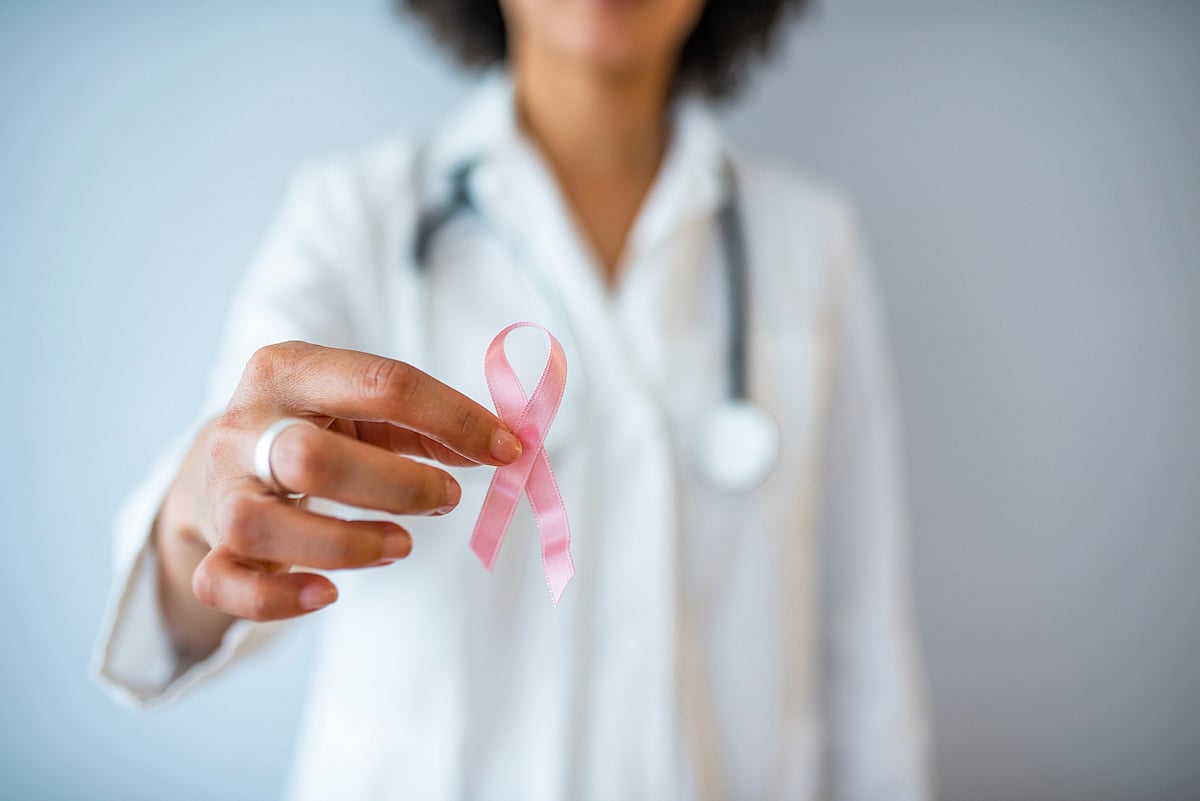Get Healthy!

- Posted July 31, 2024
Early Menopause Could Raise a Woman's Odds for Breast Cancer
Women who experience early menopause appear to be at greater risk of breast cancer, a new study reports.
Women who underwent menopause at an age younger than 46 were nearly twice as likely to have breast cancer compared to others their age, researchers found.
The study focused on women with primary ovarian insufficiency (POI), a condition that occurs when the ovaries stop working properly due to the early loss of eggs. This causes some to go through menopause at an earlier age than usual.
“When women go through primary ovarian insufficiency they are at risk for a number of diseases like osteoporosis and cardiovascular disease,†noted senior researcher Dr. Corrine Welt, an endocrinologist with the University of Utah School of Medicine in Salt Lake City.
“Our results suggest some of these women should be monitored over their lifetimes for cancer risk as well,†she added in a news release.
POI often runs in families, with genetics accounting for up to 43% of cases, researchers said in background notes. Previous studies also have shown that the genetics of POI might be involved in cancer.
To check that possible link, researchers examined medical records from two health systems that serve 85% of the Utah population, and cross-referenced those cases of POI with the Utah Cancer Registry.
They found that 613 women were diagnosed with POI and another 165 with early menopause between 1995 and 2021. These women had more than 26,500 relatives represented in the cancer registry and medical data.
Women with early menopause developed breast cancer at almost twice the rate of the general population, results show.
Their relatives also had an increased risk of cancer, researchers found.
Second-degree relatives – aunts, uncles, grandparents, nieces, nephews – had a 30% higher risk of breast cancer and a 50% increased risk of colon cancer, researchers report.
And a wider group of first-, second- and third-degree relatives had a 30% to 60% increased risk of prostate cancer.
To get a better idea of what’s driving this, the researchers examined the DNA of six women with POI.
They found that each had an unusual variation in one of the genes that keep cells healthy. These sort of defects could compromise the health of ovaries and increase the risk of out-of-control growth, which is a hallmark of cancer, Welt said.
The researchers suggested that women with POI or early menopause might benefit from increased cancer screening. In addition, their relatives might benefit from infertility testing as well as cancer screening.
The findings were recently published in the Journal of Clinical Endocrinology and Metabolism.
More information
The National Institutes of Health has more on primary ovarian insufficiency.
SOURCE: University of Utah, news release
